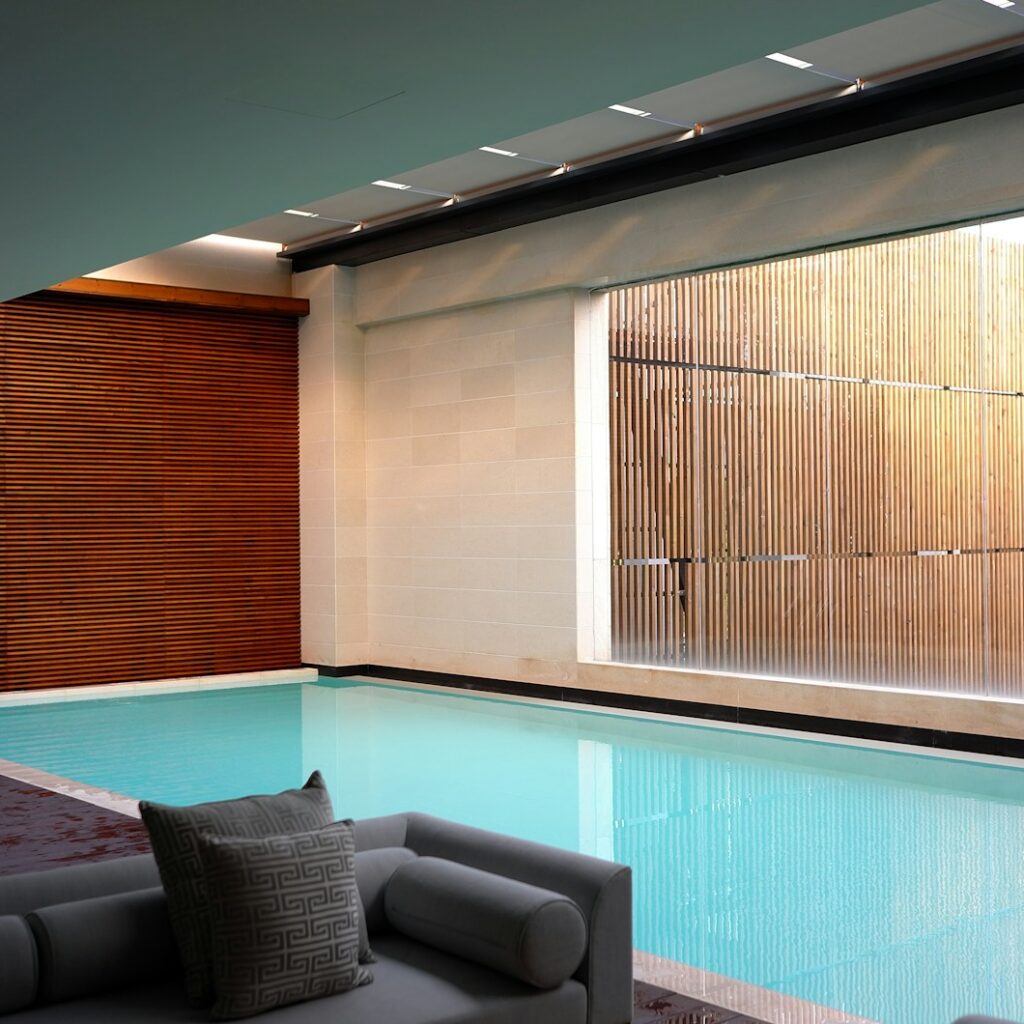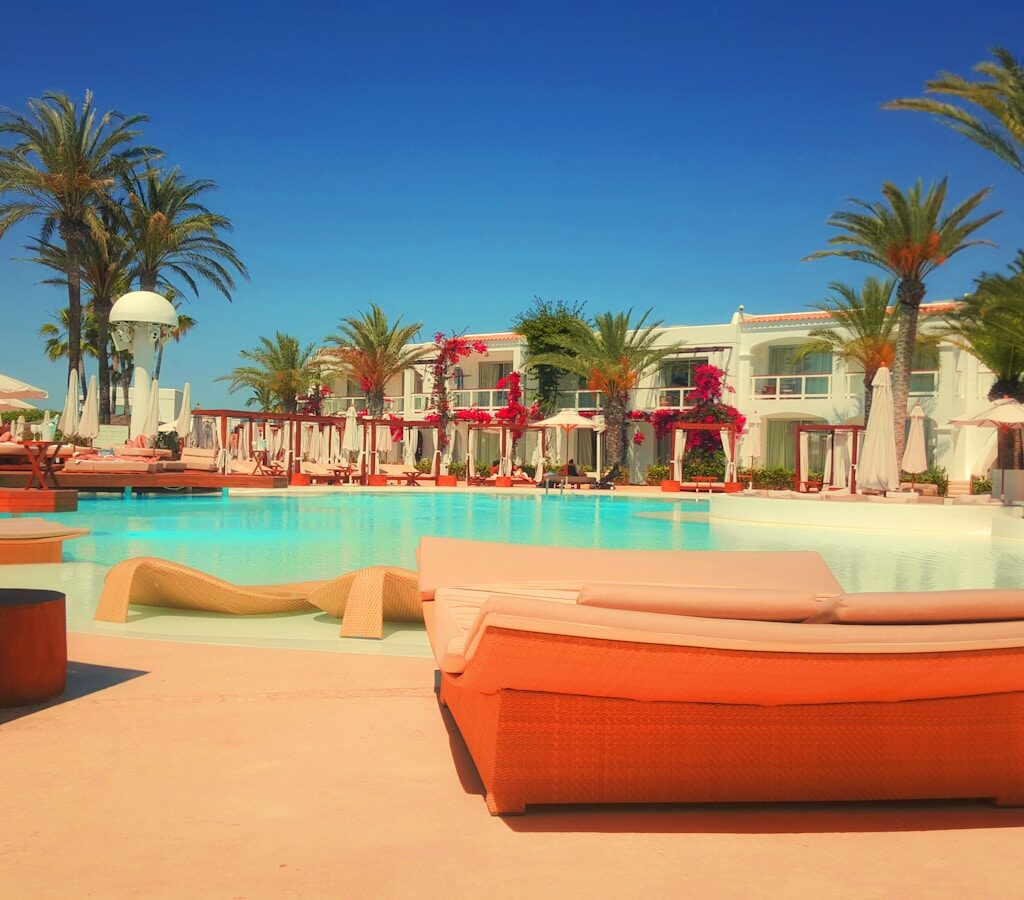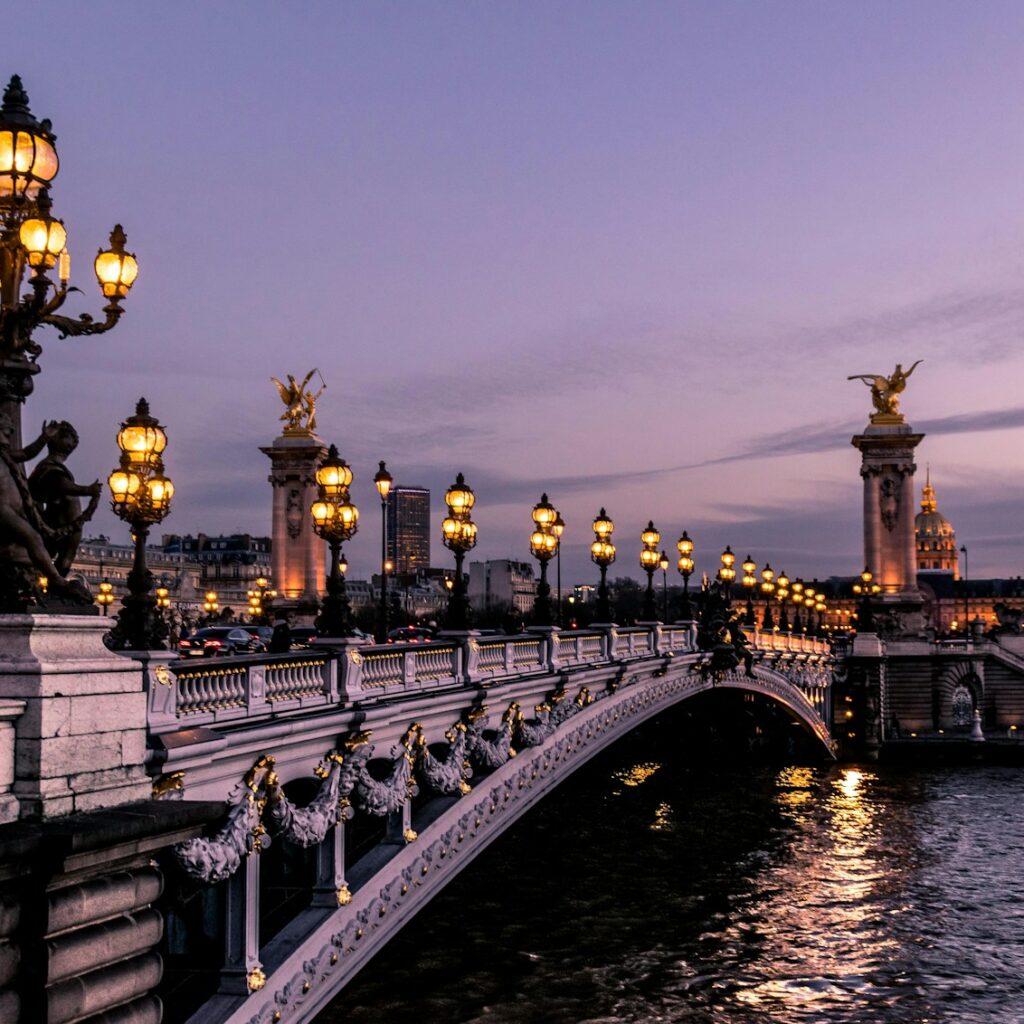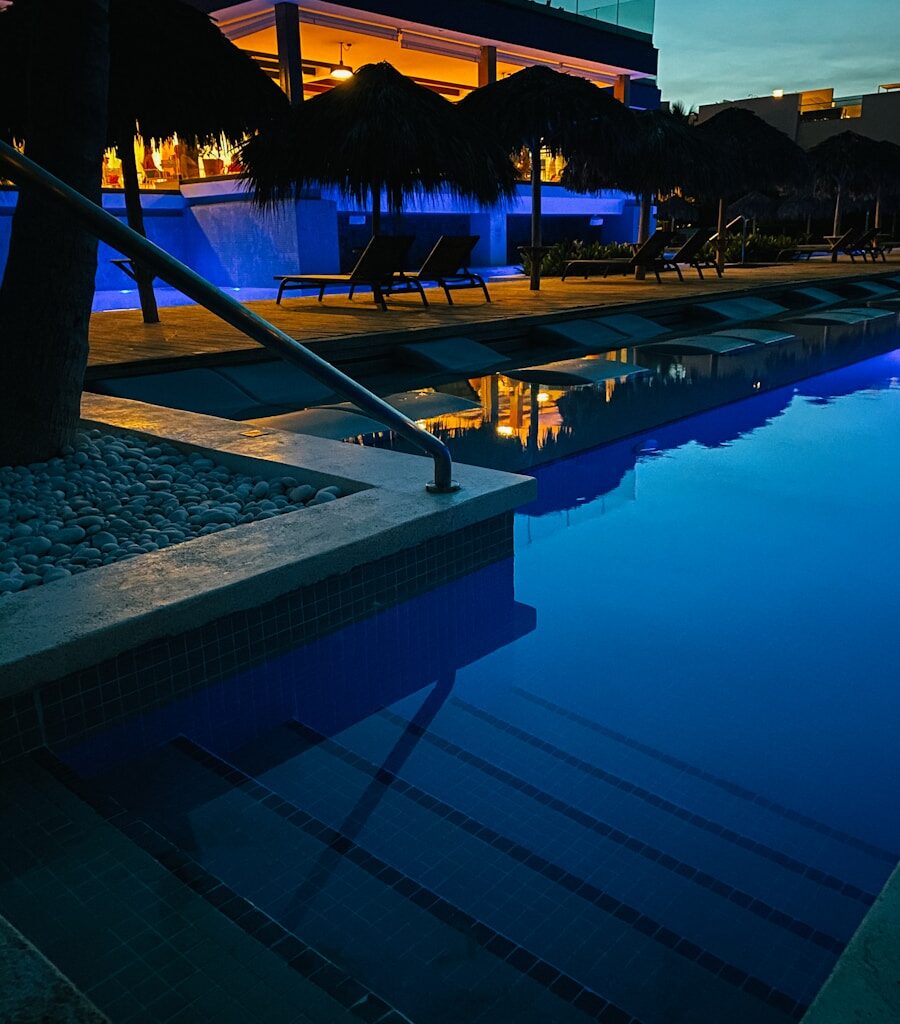In today’s fast-paced, visually-driven world, the power of great photography in hotel marketing cannot be overstated. Whether you’re a boutique hotel, a luxury resort, or a budget-friendly chain, the images you use to represent your property play a pivotal role in attracting potential guests. In fact, studies have shown that consumers are more likely to engage with businesses that use high-quality, professional images. In this post, we’ll explore why great photography is so essential for hotel marketing and how it can elevate your brand, boost direct bookings, and ultimately drive revenue.
First Impressions Matter: Visuals Speak Louder Than Words
When prospective guests are searching for accommodations, their first impression of your hotel is likely to be through the images they see online. Whether it’s on your website, social media platforms, or travel booking sites, high-quality photos are often the first thing that captures attention. Great photography creates an immediate emotional connection and sets the tone for the guest experience.
Imagine a traveler scrolling through endless hotel listings—your property is competing for attention with dozens, if not hundreds, of others. The hotel with bright, sharp, and inviting photos is more likely to be noticed and remembered. On the flip side, poorly lit or blurry images can give off a lack of care and attention to detail, which might make potential guests hesitate before clicking on your listing.
Showcase the Guest Experience
The goal of hotel marketing is to transport potential guests to your property before they even step foot on it. Great photography helps convey not just the physical spaces of your hotel but the experience of being there. It’s about showcasing the atmosphere, the amenities, and the lifestyle a guest can expect.
For example:
- Room photos: Showcase the comfort and luxury of your rooms with images that highlight the layout, furnishings, and natural light.
- Common areas: Whether it’s a chic lobby, a relaxing pool, or an inviting restaurant, use photography to create an atmosphere that appeals to your target audience.
- Guest interactions: Authentic photos of happy, engaged guests enjoying their stay can help potential customers visualize themselves at your property.
When photography captures the essence of what it feels like to stay at your hotel, it draws guests in by letting them imagine their own experience.
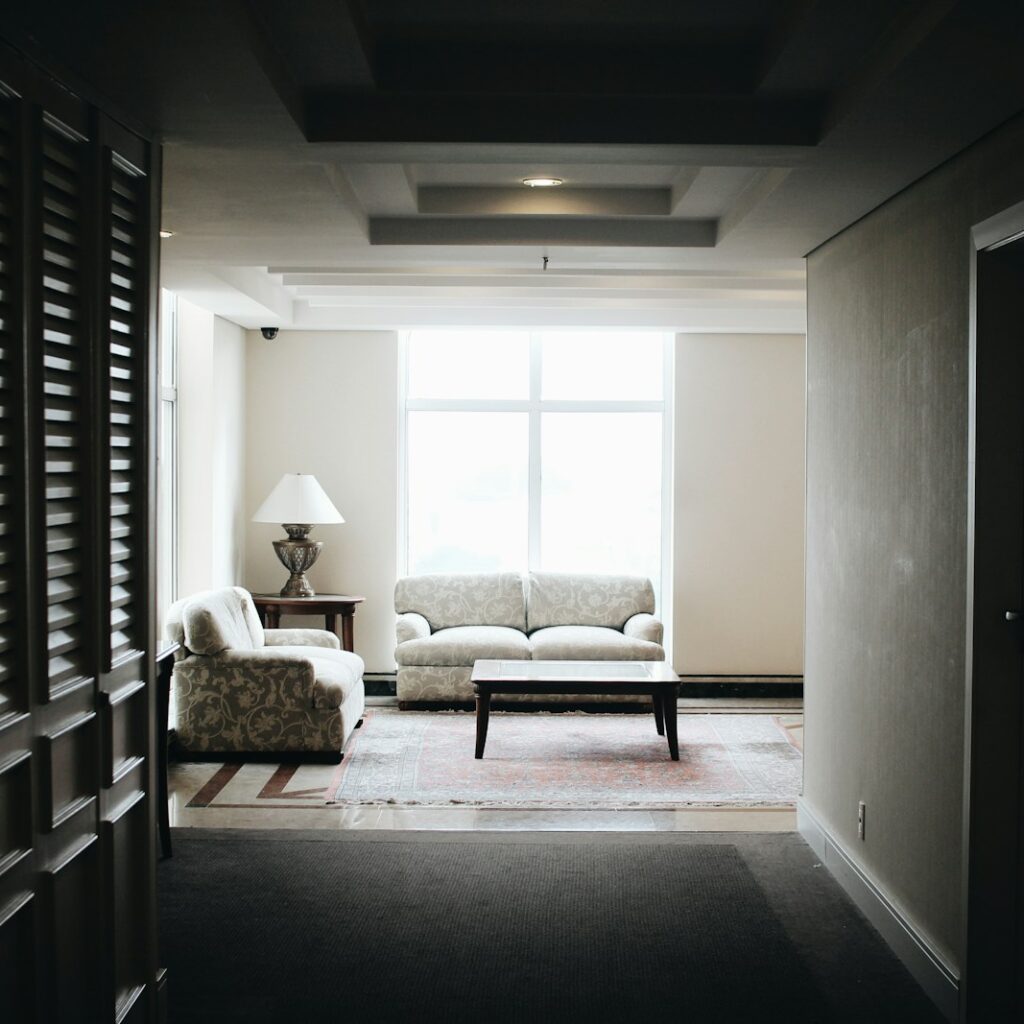
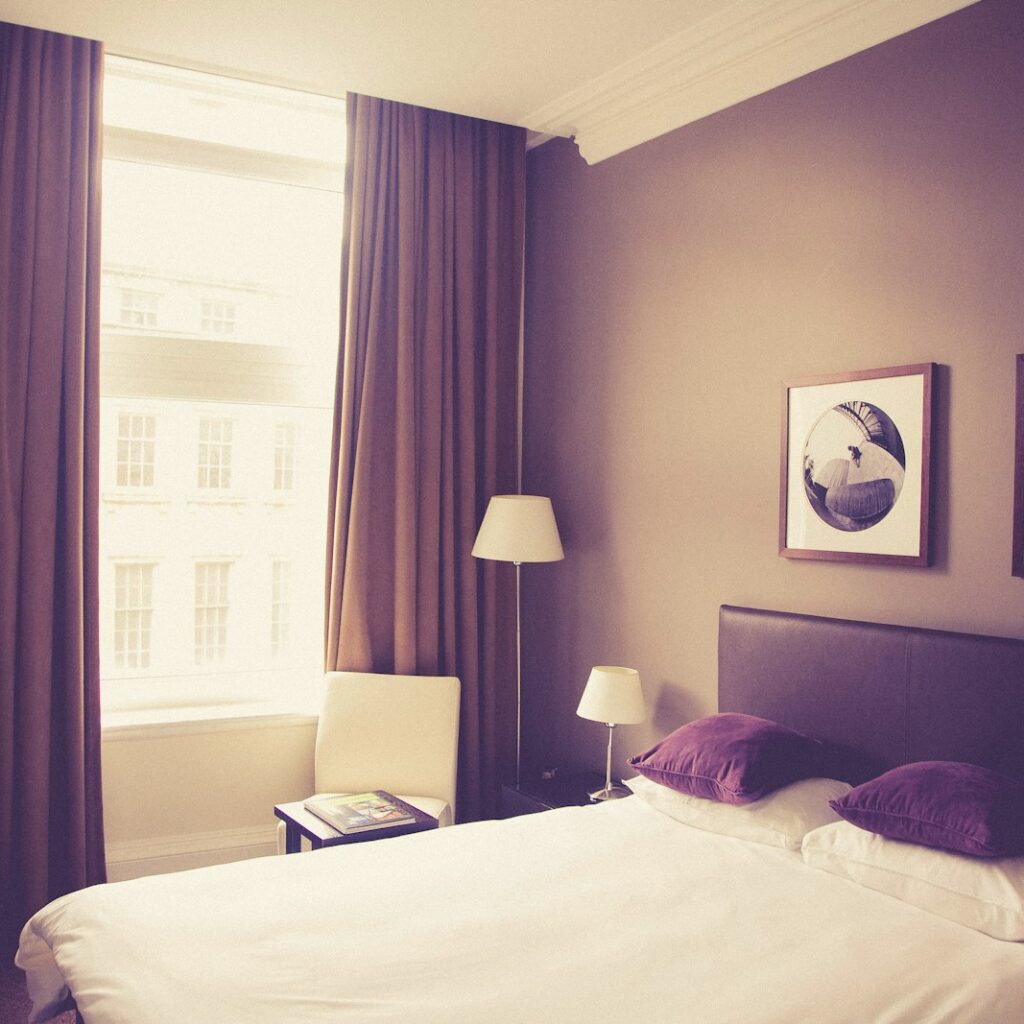

Inspire Trust with Authentic, High-Quality Imagery
In the era of online reviews and social media, trust is a critical factor in choosing a hotel. Guests want to know that the reality matches the pictures they see. Poor-quality or misleading images can hurt your credibility and damage your reputation. On the other hand, high-quality, authentic photos can help you build trust and credibility with your audience.
Investing in professional photography that accurately reflects your property, from the rooms to the amenities to the surrounding area, is essential for building that trust. Additionally, customers are savvy—if they notice stock photos or images that don’t match the guest experience, they may feel deceived or concerned about what to expect.
Increase Direct Bookings and Reduce Reliance on OTAs
Online Travel Agencies (OTAs) like Expedia and Booking.com are a popular avenue for guests to find hotels, but they also take a significant commission on bookings. Great photography on your own website can entice guests to book directly, bypassing these third-party sites and saving you money in the process.
High-quality photos on your website help to showcase your unique selling points and create a more personal, direct connection with your brand. Visitors are more likely to book directly if they trust that your property delivers on the promises made through professional images. Additionally, showcasing compelling visuals of your location, nearby attractions, and any special amenities (e.g., a rooftop bar with panoramic views) can encourage prospective guests to secure their stay with you instead of scrolling through a third-party platform.
Enhance Your Social Media Presence
Social media is a powerful tool for hotel marketing, and visual content is king. Platforms like Instagram, Facebook, and Pinterest rely on strong imagery to engage users. Sharing beautiful, high-quality photos of your hotel can not only grab the attention of potential guests but also encourage social sharing, which amplifies your reach.
Incorporating lifestyle shots—photos of guests enjoying meals, lounging by the pool, or engaging with local culture—gives your audience a more personal, relatable view of your property. These types of photos are perfect for telling your hotel’s story and aligning with the lifestyle your target market aspires to. Hashtags, location tags, and user-generated content also increase the chances of your hotel’s imagery going viral, attracting more attention and boosting bookings.


Adapt Photos for Different Marketing Channels
Not all marketing channels are created equal, and the same set of photos won’t always work for every platform. Great photography involves tailoring your visuals to fit specific formats and audiences. For instance:
- Website: High-resolution images for desktop and mobile views.
- Social Media: Square, vertical, or Instagram Stories-friendly formats for quick engagement.
- Email Campaigns: Eye-catching photos that support your promotional messages or seasonal offers.
- Brochures or Print Collateral: Stunning images that make your property stand out in the physical world.
By optimizing your photography for each channel, you can maximize the impact of your marketing efforts and ensure your visuals are being seen by the right people in the right places.
Use Video and Virtual Tours for Even Greater Impact
While still photography plays a crucial role, video and virtual tours take your marketing to the next level. Videos can help showcase your hotel’s dynamic features in a way that still images cannot, providing a more immersive experience. A short video of your hotel’s lobby, restaurant, pool area, or surrounding attractions can engage viewers, give them a sense of your property’s atmosphere, and increase conversion rates.
Likewise, virtual tours or 360-degree photos allow potential guests to explore your property from the comfort of their homes. These interactive experiences give them more confidence in their booking decision and create a stronger emotional connection with your hotel



